Xinhua Headlines: Between crops and tariffs: Iowa farmers yearn for stability
Source: Xinhua
Editor: huaxia
2025-06-02 22:59:04
* The deeper instability caused by years of U.S. trade policies, rising input costs and volatile markets continues to shadow U.S. farmers' decisions.
* The trade tensions caused by sweeping U.S. tariffs have upended generations of trade rhythms, and the collapse of decades-old export patterns has turned a bumper crop into a looming question mark.
by Yang Shilong, Li Xirui, Liu Yanan
DES MOINES, United States, June 2 (Xinhua) -- In the early morning light, farmers on the vast fields of Iowa are back to doing what they've always done -- planting, tending and hoping.
Recently a series of major consensuses were reached at the China-U.S. high-level meeting on economic and trade affairs in Geneva, offering brief relief to the Iowa farmers. For them, each furrow turned is a quiet calculation of costs and risks. The deeper instability caused by years of U.S. trade policies, rising input costs and volatile markets continues to shadow their decisions.
FARMING THROUGH UNCERTAINTY
"In this business, if you grow something and it is not worth anything, what do you do?" LaVon Griffieon, a fourth-generation farmer, told Xinhua.
On the Griffieon family's 1,100-acre farm north of Des Moines, spring planting is nearly finished -- but nothing else feels routine. The trade tensions caused by sweeping U.S. tariffs have upended generations of trade rhythms, and the collapse of decades-old export patterns has turned a bumper crop into a looming question mark.
"If we don't have China as a customer, I doubt our soybean prices will rise," said Griffieon.
China has long been a key export market for American soybeans. When tariffs were first introduced in 2018 during Donald Trump's first term as U.S. president, this flow slowed abruptly, causing prices to plummet.
Even after the United States and China struck their 2020 "Phase One" deal, Iowa's farmers are still tallying the losses. For growers like the Griffieons, the whiplash of tariffs -- imposed, lifted, then threatened again -- has turned long-term planning into a guessing game. "The deal lasts for 90 days," says Griffieon, shaking his head. "So who knows what those 90 days will bring?"
Beyond market uncertainty, tariffs have increased costs across the board. Julia Balbiani, Griffieon's daughter, explained how higher import duties affect farm equipment. "It might not be the entire piece of equipment, but some parts -- like the chassis or tires -- are imported from China," she said. "Once tariffs hit, they drive the price of everything up."
For many in Iowa's farm belt, the costs of trade conflict have extended far beyond their own fields.
"Iowa is going to be affected more by the tariffs than a lot of states because so much of our economy is dependent on agriculture, and so much of agriculture is dependent on exports," said Charles Hurburgh, a professor of agricultural and biosystems engineering at Iowa State University who works closely with local farms.
Hurburgh called tariffs "a blunt tool" in a system that depends on predictability. "Trade benefits everybody, as long as we don't use it as a weapon," he said.
Cale Pellett, 25, represents the next generation of Iowa agriculture. Based in Atlantic, Iowa, he farms with his family.
"It's been a whirlwind -- not just for farmers," he said, reflecting on the impact of rising trade tensions. "When you're talking about 125 percent or 145 percent tariffs, it definitely creates a bit of a shock factor."
This year, the Pelletts made a calculated gamble -- shifting to 65 percent corn and just 35 percent soybeans. "We are in a low period for the agricultural economy right now," said Pellett. "But if this pause gives both countries a chance to work out a long-term solution, it could be a turning point."
BUILDING STABILITY THROUGH TRUST
Cale's grandfather, Bill, who still oversees the family's 7,000-acre farm, said: "We've worked for years to build China as a market. Trade is about trust."
He keeps a close eye on commodity prices, interest rates and the weather. So far, only 20 percent of the soybean crop has been sold, and he is waiting for conditions to improve before selling anymore.
Fifth-generation farmer Rick Kimberly views farming not just as a business, but also as an opportunity to build international relationships.
"We've had ups and downs. But we want open trade," he said. "And we're really glad both sides have come back to the table."
Rick's son, Grant Kimberly, a longtime agricultural trade advocate who now works for the Iowa Soybean Association, also sees value in people-to-people exchanges.
"Every time we host delegations from China, it builds trust. You can not just turn trade on and off like a switch -- it's about long-term consistency," he said. "Our goal is not just selling a product, it is building relationships. That's how you get stability."
Randy Renze, a semi-retired farmer from Manning, Iowa, and a former executive of John Deere, the world's leading tractor maker, has been traveling between the United States and China over the years to build relationships with businesses and the government.
"Tariffs cost John Deere. They cost the American farmer," Renze said. Though the 90-day pause has trimmed rates slightly, he noted that they are still well above previous levels.
Kenneth Quinn, former president of the World Food Prize Foundation and longtime U.S. diplomat, believes that trade builds relationships.
Quinn has led exchanges between Iowa and China for decades. At the Foundation's headquarters in Des Moines, the Chinese character for "soybean" is engraved in stone.
"We don't need to decouple, we need to deepen cooperation," he said.■




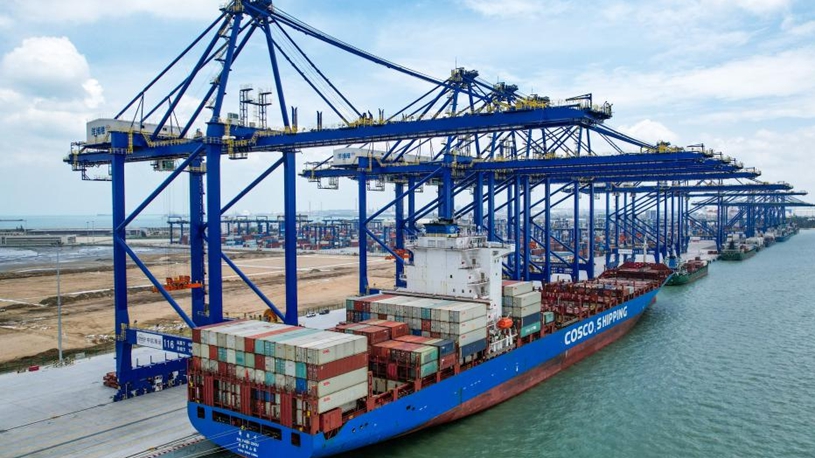
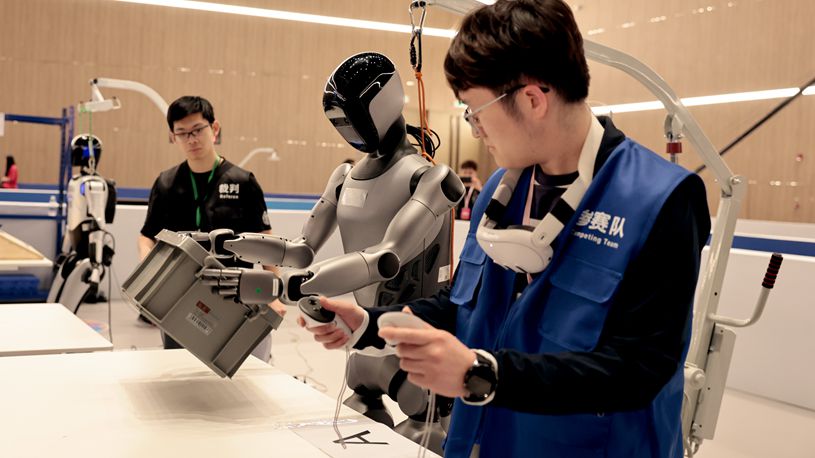
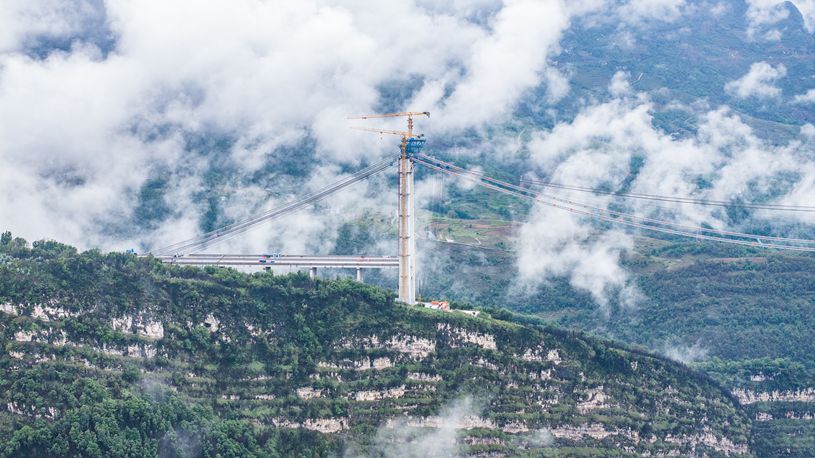
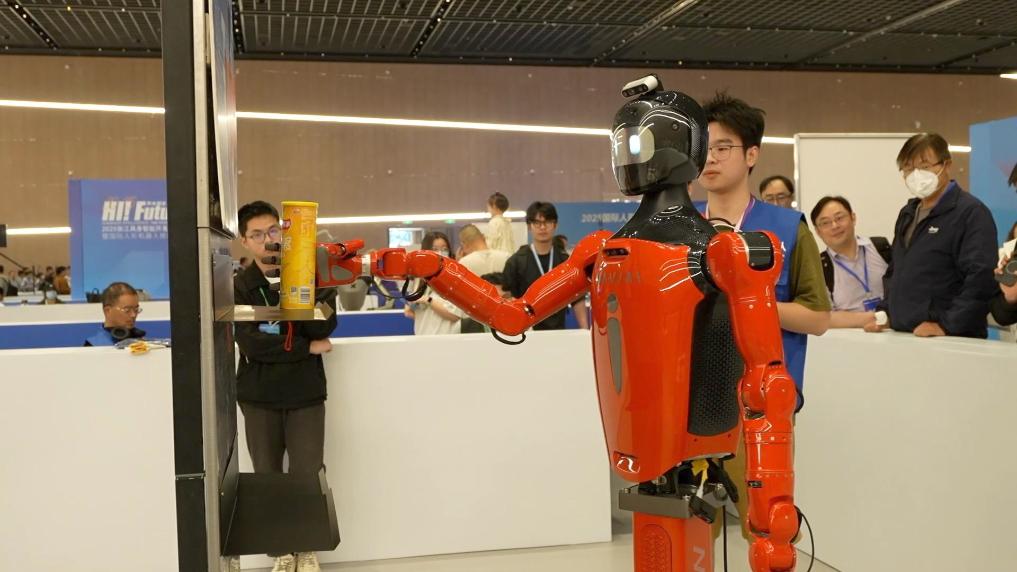
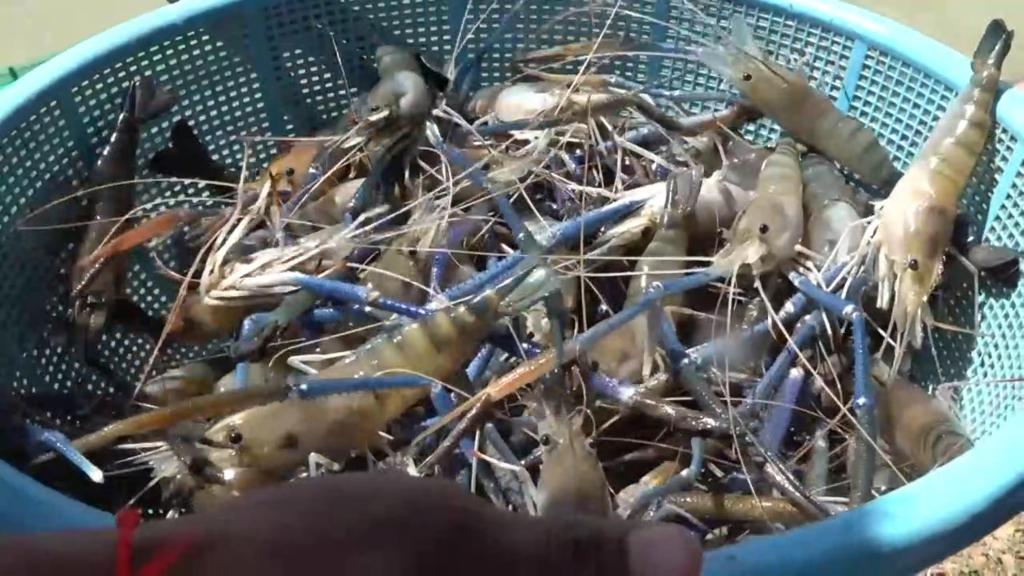



Comments